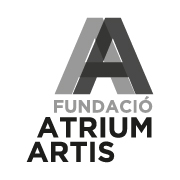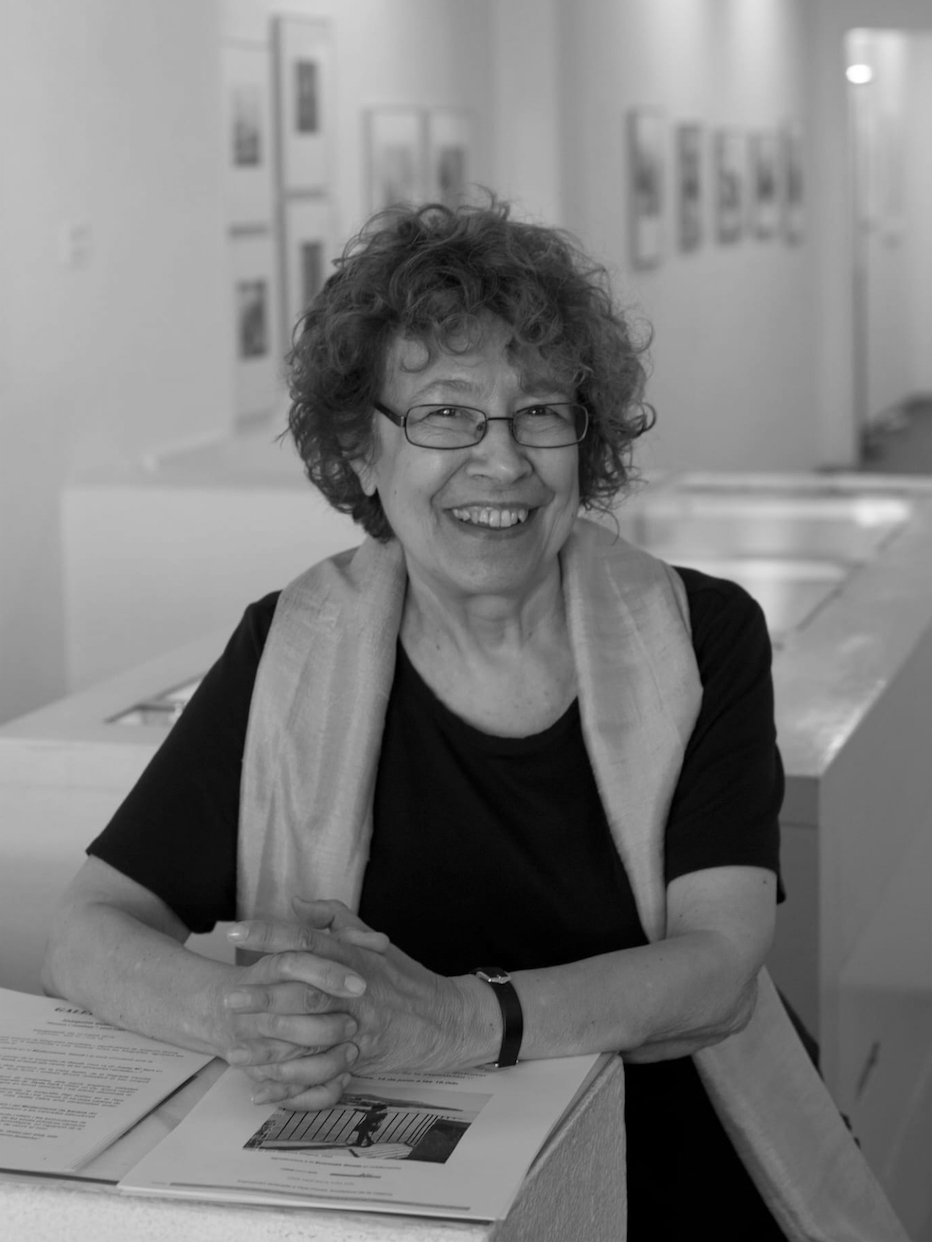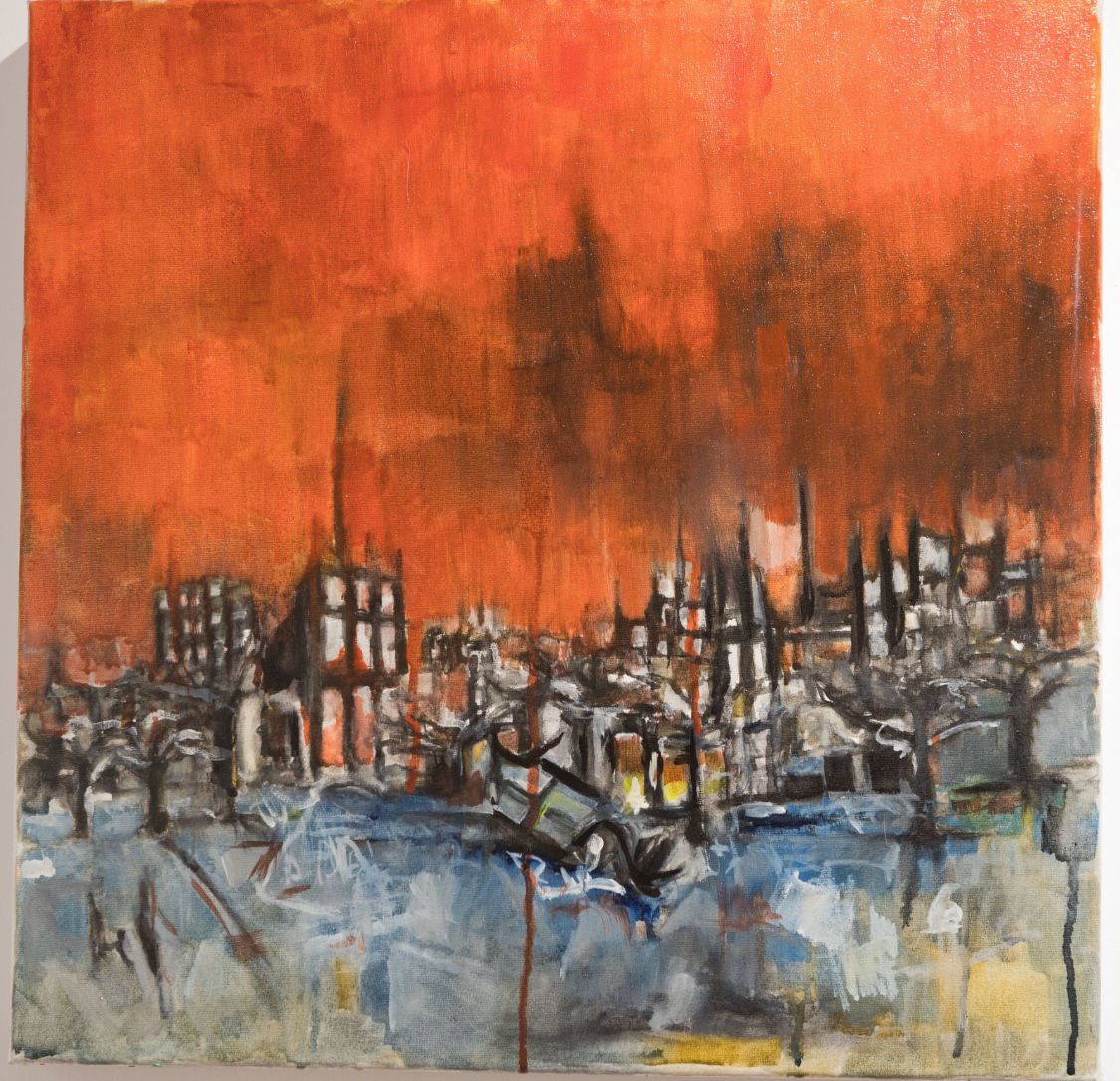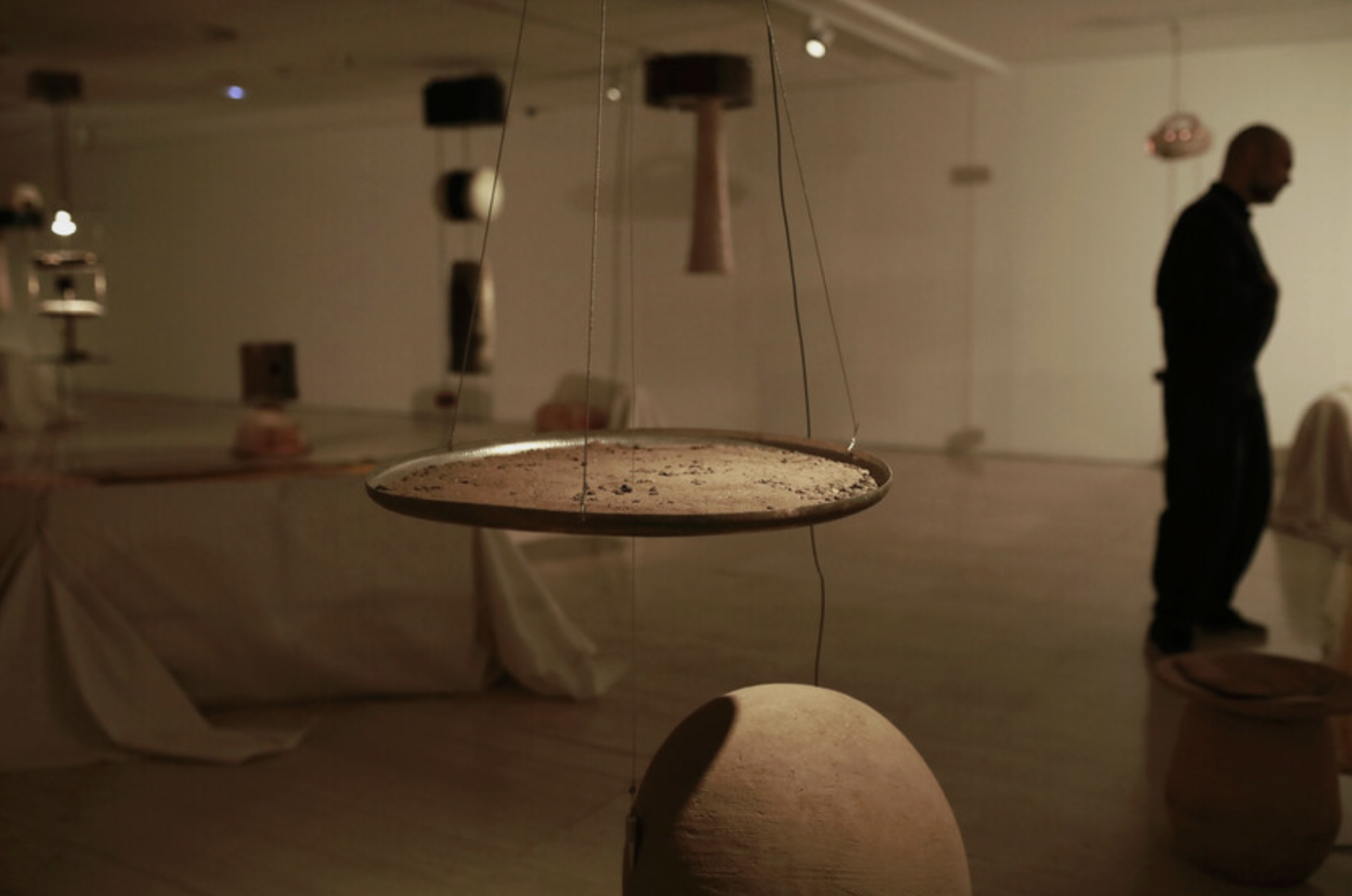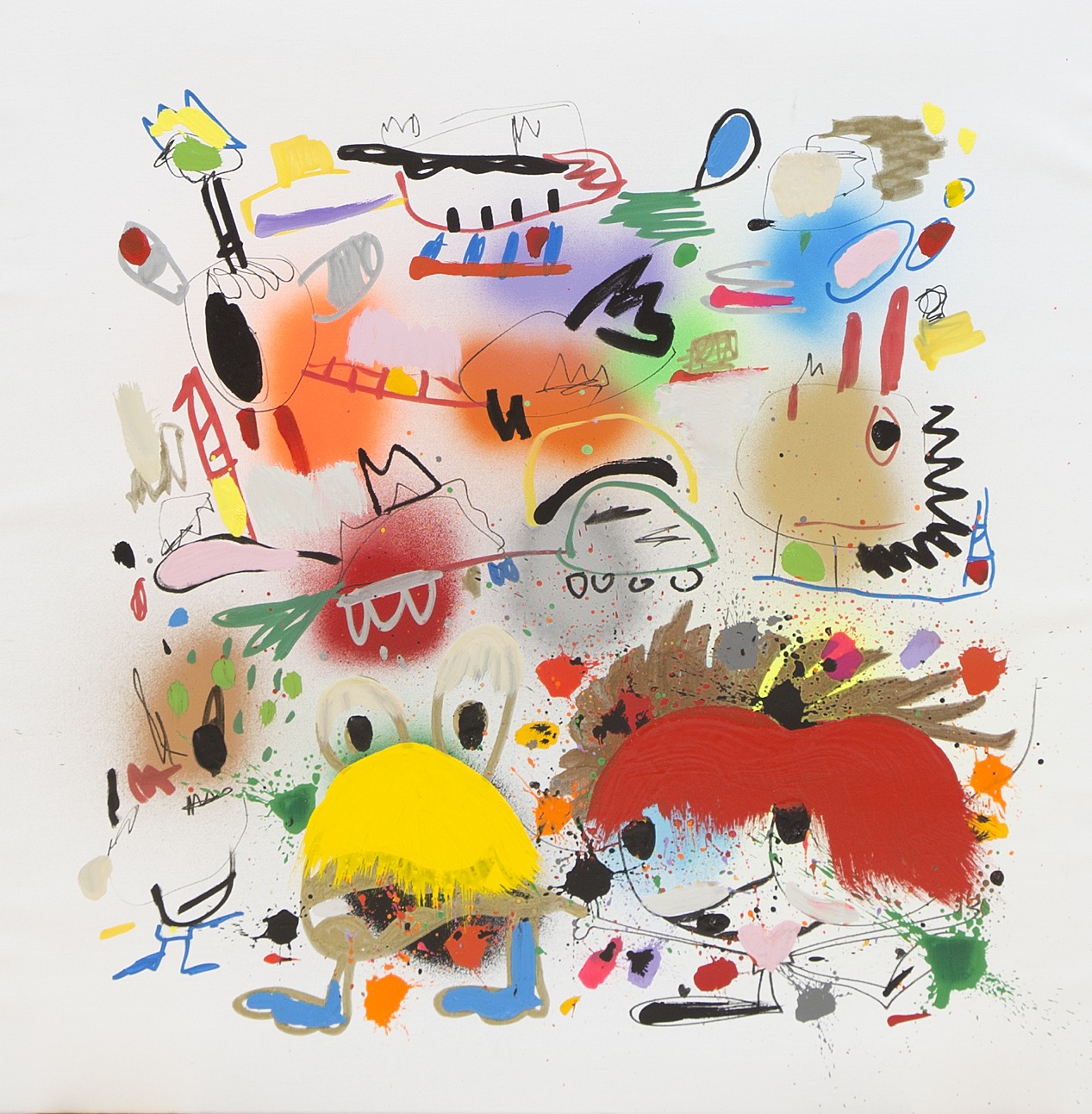Exhibitions
Carlos Motta: prayers of resistance
A challenge to the norms of power, sexuality and history at MACBA.
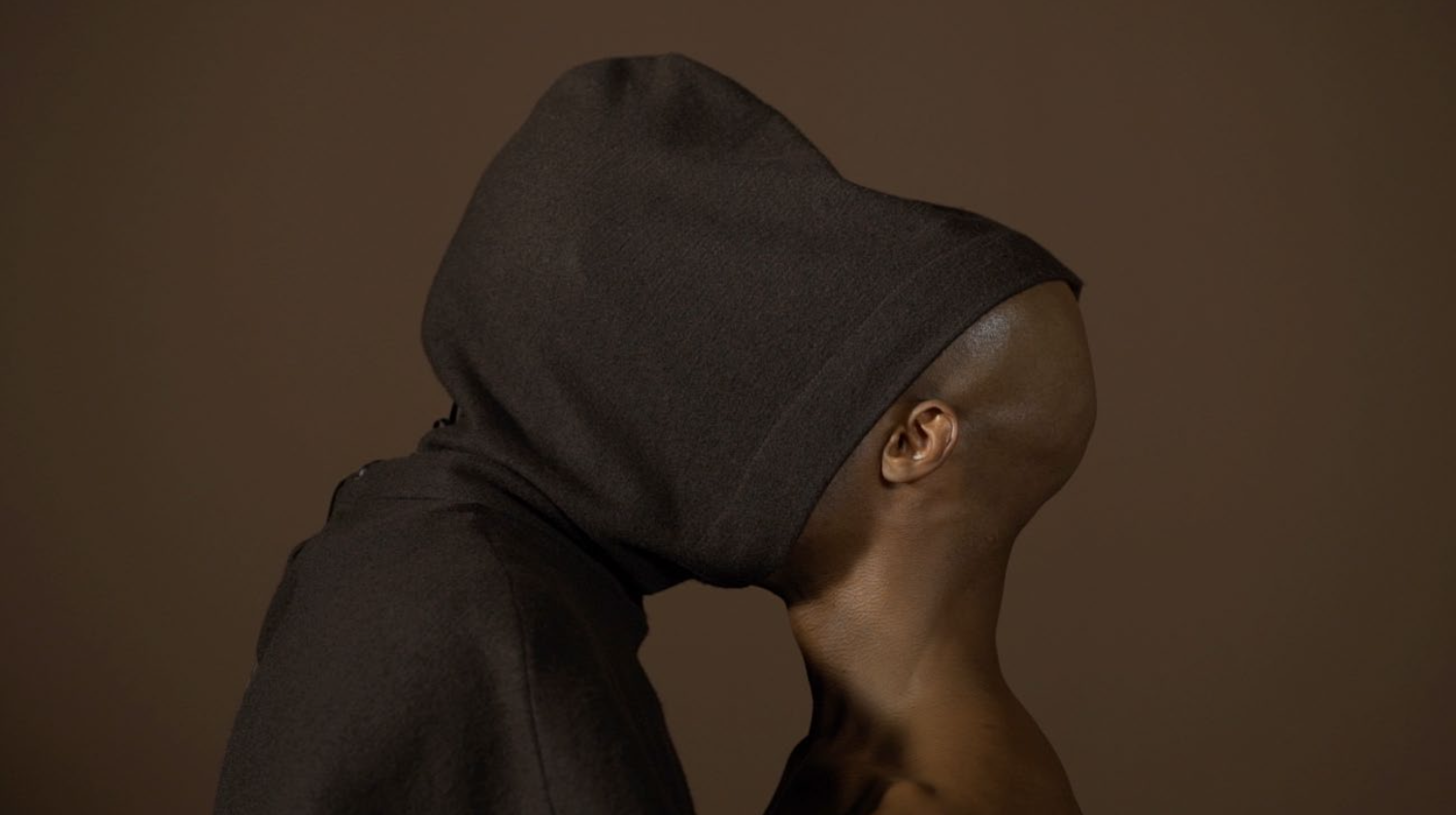
MACBA is hosting the first major European exhibition dedicated to the Colombian artist Carlos Motta (Bogotá, 1978), which invites us to question the Western, Eurocentric view of concepts such as religion, politics, sexuality and violence, opening a space for reflection and rethinking of the established imaginary.
Prayers of Resistance, curated by María Berríos and Agustín Pérez-Rubio , reviews more than 25 years of Motta's career, which has been present in the international visual arts since the 1990s. This artist, based in New York, has always been linked to social and political movements, with a special focus on issues of gender, sexuality and dissident struggles against dominant norms. His work is defined by his desire to outline a more plural, more heterogeneous reality, and to give a voice to marginalized groups. With a committed and transgressive perspective, Motta uses art as a tool to make visible what history has tried to hide. Through intersectionality and queer thinking, the artist dismantles the social constructions that, from the conquest to the present day, continue to silence and marginalize what is dissident.
The exhibition focuses not only on the visual strength of the works, but also on the conceptual depth that permeates them. Through photoperformances, video installations and other formats, Motta interrogates Western epistemology, highlighting the mechanisms of power and repression that have marked our stories about the other. In particular, the artist analyzes the colonial legacy in Latin America, the effects of religious colonization, and the weight of power structures in the construction of identity and difference.
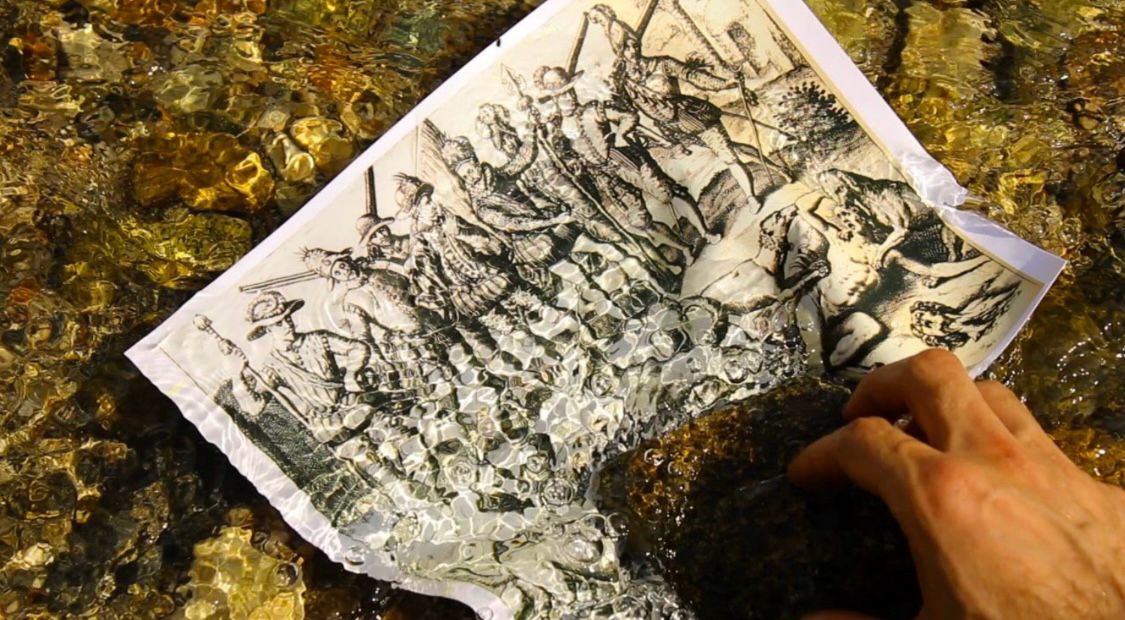 Nefandus, Carlos Motta (2013). Col·lecció MACBA, Fundació MACBA. Col·lecció LOOP Barcelona. Dipòsit Screen Projects
Nefandus, Carlos Motta (2013). Col·lecció MACBA, Fundació MACBA. Col·lecció LOOP Barcelona. Dipòsit Screen Projects
The exhibition is divided into four sections that group projects focused on specific themes. In the first, Queerizing/Cuirizing Colonial Narratives, Motta addresses how Christianity was used as a tool to silence sexual dissent in colonial America. In this section, several pieces from the Nefandus Trilogy explore homoerotic relationships that were forgotten or persecuted, rewriting the stories through performances and visual actions that recover these hidden voices. The second section, Deviant Bodies, addresses the body as a battlefield for sexual and gender freedom . As in We Who Feel Different, where Motta questions the notion of democracy, presenting sexual diversity as a tool of resistance and political transformation.
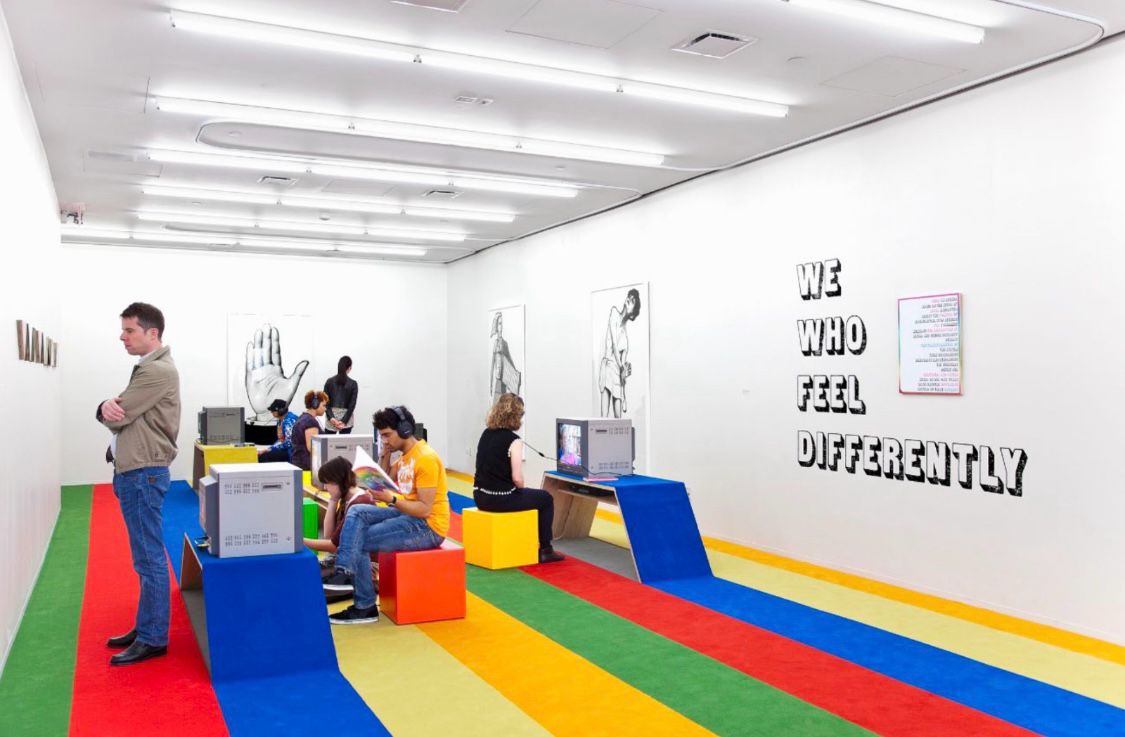 Nos altres que sentim diferent, Carlos Motta (2012). Vista de la instal·lació Museum as Hub: Carlos Motta. New Museum, Nova York. Foto: Naho Kubota
Nos altres que sentim diferent, Carlos Motta (2012). Vista de la instal·lació Museum as Hub: Carlos Motta. New Museum, Nova York. Foto: Naho Kubota
In Acts of Faith. Love as Resistance, the artist delves into colonial archives and the way institutions classified “deviant” people. Here, the set of photographs, performances, and video installations serves to rethink the meaning of love as a force of resistance and rewriting. Finally, Transliminal Worlds closes the exhibition with a look at the artist’s early works, where the body is transformed and traversed by the imagination of hybrid beings, animal and human, who transgress the limits of flesh and spirituality.
Prayers of Resistance can be visited until October and allows you to discover Motta's universe, where his works raise relevant questions and invite us to reflect on how structures of domination are still present and rooted in our day to day lives.
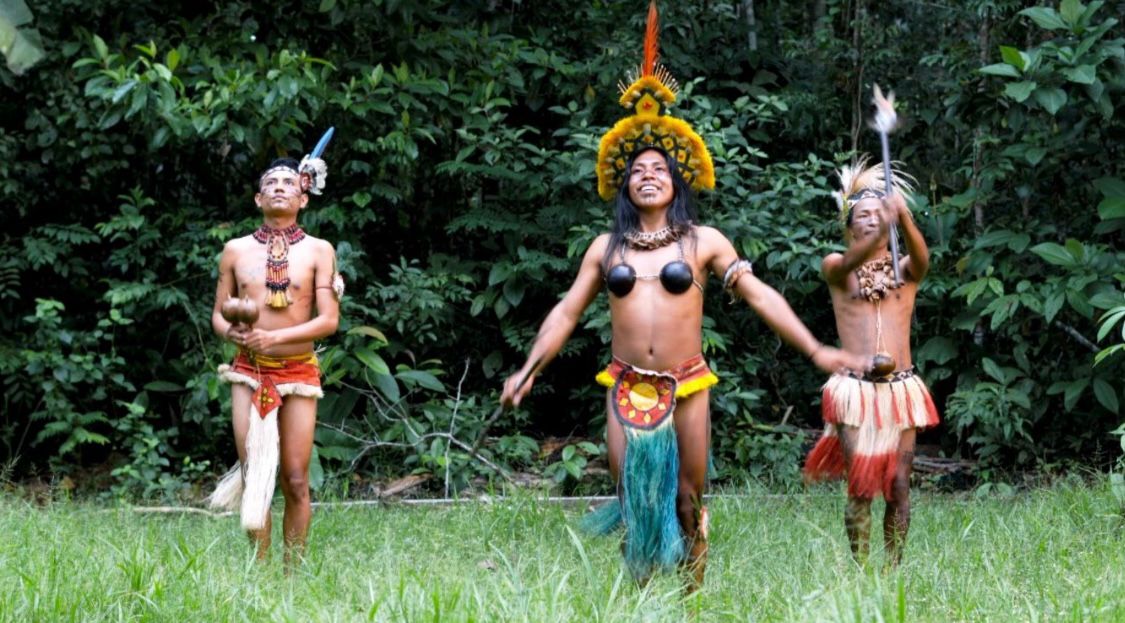 Jjag ɨy ɨ: Aire de vida, Carlos Mota (2023). Cortesia de P.P.O.W Gallery, Nueva York
Jjag ɨy ɨ: Aire de vida, Carlos Mota (2023). Cortesia de P.P.O.W Gallery, Nueva York




